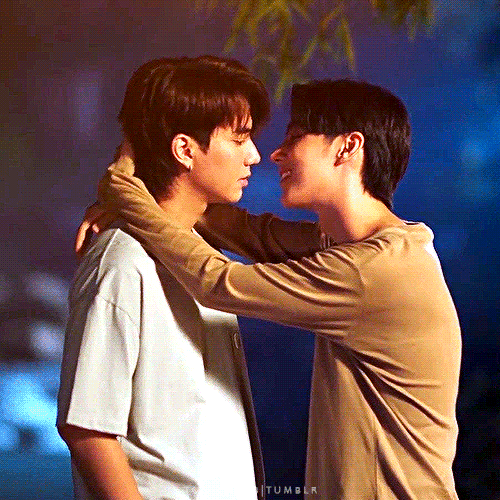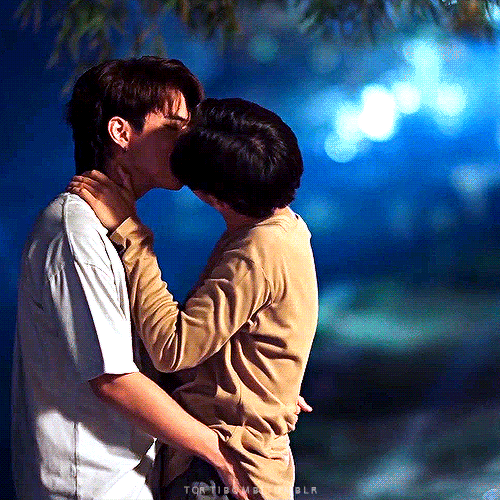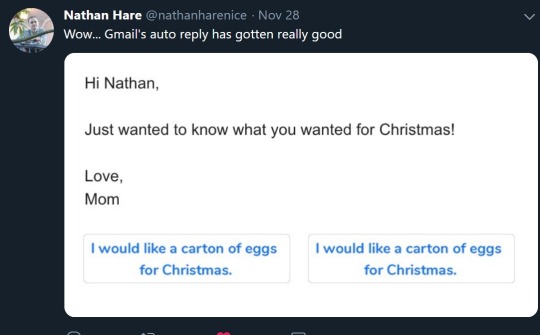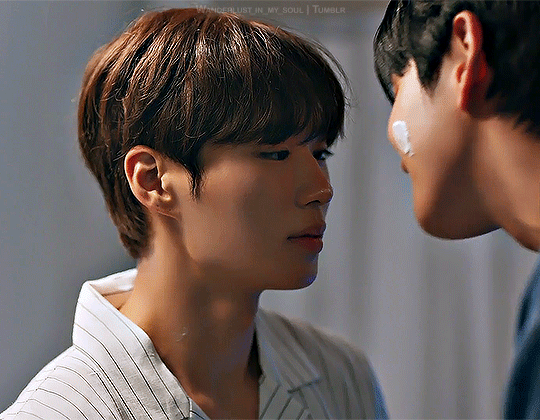Hi i'm Tanvi, she/her. 28, Indian, and waiting for my motivation to return from the war.
Don't wanna be here? Send us removal request.
Text
i like working at plant store. sometimes you ring up someone and there's a slug on their plant and so you're like "Oh haha you've got a friend there let me get that for you" and you put the slug on your hand for safekeeping but then its really busy and you dont have time to take the slug outside before the next customer in line so you just have a slug chilling on your hand for 15 minutes. really makes you feel at peace with nature. also it means sometimes i get to say my favorite line which is "would you like this free slug with your purchase"
143K notes
·
View notes
Text
the man who owns and runs the thai restaurant in my town knows me by name. he is one of the kindest and most thoughtful men i know. i started ordering from his place back in january, which was when i got my fibromyalgia diagnosis. back then i was using a walker, had limited mobility in my entire body but especially my hands, and was very visibly in pain. i always ordered the same thing: yellow curry with no meat, potatoes and carrots only (i have texture and other dietary issues). he always made it a point to make sure i could get out the door and carry the food safely. he had his workers package the food so that it was easier for me to open. as i kept coming back and i told him a little bit about my health status, he would always encourage me to keep going. he told me about how the spices he used were good for inflammation and began to edit the recipe just for me so that spices that were even better for fighting inflammation were used. he’d give me extra portions and despite the fact that i would tip every time, i realized later that he never charged my card for them. as time went on and my condition began to get better, he would make encouraging remarks and tell me how happy he was for me. the day i came in without my walker, he practically jumped for joy, and despite my insistence, he gave me my meal for free that day. i continue to make progress with my conditions and i continue to go to the thai place. this man who does not know me personally and who i hardly know anything about is one of my favorite people. it’s interactions with humans like these that make loving life easier. and his curry really does help my chronic condition. it’s comfort food taken to the next level.
155K notes
·
View notes
Text
i love the phrase "which could mean nothing" i think its my favorite thing to come out of the internet ever i love saying it. it could mean nothing but we all know better. we know the truth.
94K notes
·
View notes
Text

Are you a Zerobaseone fan? Do you like reading and/or writing fanfiction? Then join our ZB1 centric fanfiction fest, the Blue Bloomfest 2025!
It's a super low effort and fun way to make new Zerose and fanfic enthusiast friends, and also contribute something to the fandom space. You don't need to have ever written before, this is perfect for first time fanfic writers as well, we welcome writers of all levels of experience.
The premise is simple! if you have a prompt that you would like to write for, or have someone else fulfil, then go ahead and submit your prompt, and then after the submission period come and select which prompt(s) you would like to write for! And if you don't want to write but just want to read fics, that's wonderful too! We need people to submit as many prompts as possible, and we'd love to have beta readers in the fest as well.
At the end of the fest, we'll collect all the fics and publish them on AO3, publishing them in the Blue Bloomfest 2025 Collection as well as your personal accounts. This isn't a large time-commitment task, it's more about the fun of it all and wanting to celebrate ZB1 and all their accomplishments, so please join us!
Our discord has a variety of FAQs as well as a schedule for the fest, so feel free to join the discord to get your questions answered, or send in an ask here!
[psst, if you see this post please reblog it, so that as many people as possible get to see it and join us!]
4 notes
·
View notes
Text
When a fic doesn’t fit my head canons but it’s well-written

100K notes
·
View notes
Text



please sirs some more 🤲 The Boy Next World Special Episode | Jin & Wim
650 notes
·
View notes
Text
Shin Jaemin may be a psycho, but he is right in his assessment – Sunhyeon really was a goddamned idiot 😑



He could have been Daon's boyfriend but he let himself be convinced by Jaemin to enter a useless contract where he doesn't gain anything. Again, what an idiot.
31 notes
·
View notes
Text








when you're in a down bad for est supha competition and this mf shows up (via).
143 notes
·
View notes


















